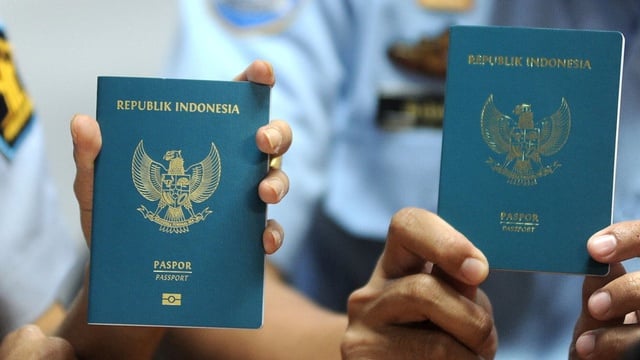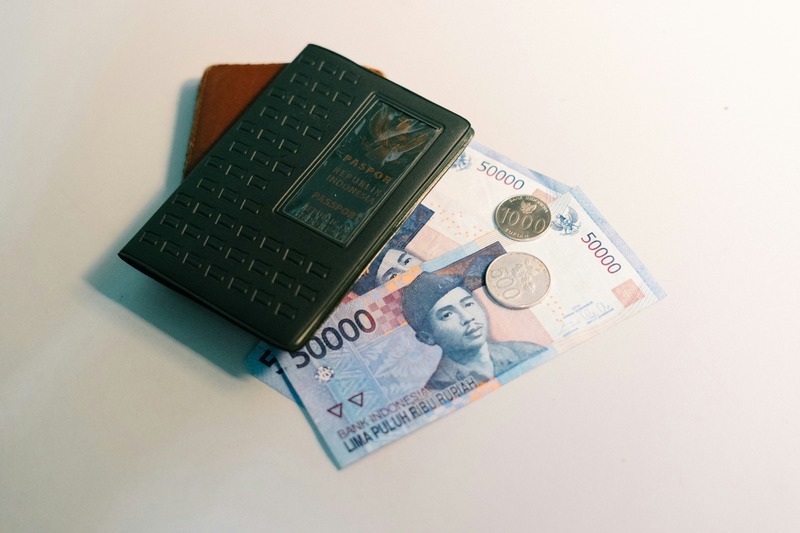Starting on 17th December 2024, the Indonesian passport issuance fee will undergo adjustments, including a rate increase and new policies introducing changes to the validity period for some types of passports.
These changes align with the Indonesian government’s efforts to improve passport administration efficiency and offer more flexible options for frequent travellers.
Latest passport fees 2024
The following details outline the passport issuance fees as regulated in Government Regulation No. 45 of 2024:
Regular non-electronic passport (five years): Rp 350,000
Regular non-electronic passport (10 years): Rp 650,000
Regular electronic passport (five years): Rp 650,000
Regular electronic passport (10 years): Rp 950,000
Travel document resembling a passport (SPLP) for Indonesian citizens: Rp 100,000
Travel document resembling a passport (SPLP) for foreigners: Rp 150,000
Fast-track passport service, completed on the same day: Rp 1 million
Reasons behind adjustments
According to the Indonesian Directorate General of Immigration, the policy stipulates more flexibility for the public in choosing the type of passport that suits their travel needs. On top of that, these changes are accompanied by improvements in service quality.
Better benefits and convenience in immigration services come with this new policy.

Differences between an electronic and a non-electronic passport
Both electronic and non-electronic passports serve the same function as valid travel documents. However, e-passports offer convenience for holders in various situations, such as using automatic services at immigration checkpoints in countries that have such facilities. E-passports are also known to make visa applications easier for certain countries. Whereas a non-electronic passport is an affordable option for travelling between countries that do not require electronic features.
Let’s dive into more of their differences…
Electronic Passport
An electronic passport or e-passport has a higher security feature because it is equipped with a chip embedded in the cover. This chip stores the biometric data of the passport holder, including a facial photo and fingerprints, which will facilitate the inspection process and improve data security.
Aside from having a chip, the other main characteristics of an e-passport are:
The cover of the electronic passport has a special logo indicating that the passport is electronic.
Electronic passports require careful handling and storage to protect the chip from damage.
Non-Electronic Passport
A non-electronic passport, often referred to as a regular passport, does not have an electronic chip. This type of passport only contains the basic identity data of the passport holder.
Other main characteristics of a non-electronic passport are:
This passport only includes the holder's identity information such as name, date of birth, and nationality, without additional biometric data.
The cover of the non-electronic passport does not have a logo indicating it is an electronic passport.
Non-electronic passports do not require special care.
Passport application procedure
The procedure for applying for an Indonesian passport remains the same as before. It is important to note that applicants must bring the original documents, not just photocopies or digitally scanned files when applying for a passport to facilitate document verification.
Applicants need to prepare the following documents:
A valid Identity Card (KTP).
Family Card (KK).
Additional identity documents, such as a birth certificate, marriage certificate, diploma, or baptism certificate.
Indonesian citizenship certificate, if the applicant is a foreigner who acquired Indonesian citizenship through naturalisation or a declaration of citizenship according to the law.
A name-change decree from an authorised official for applicants who have officially changed their name.
Previous regular passport, if the applicant has held a regular passport before.




 Mirella Pandjaitan
Mirella Pandjaitan
 Dec 11, 2024
Dec 11, 2024






